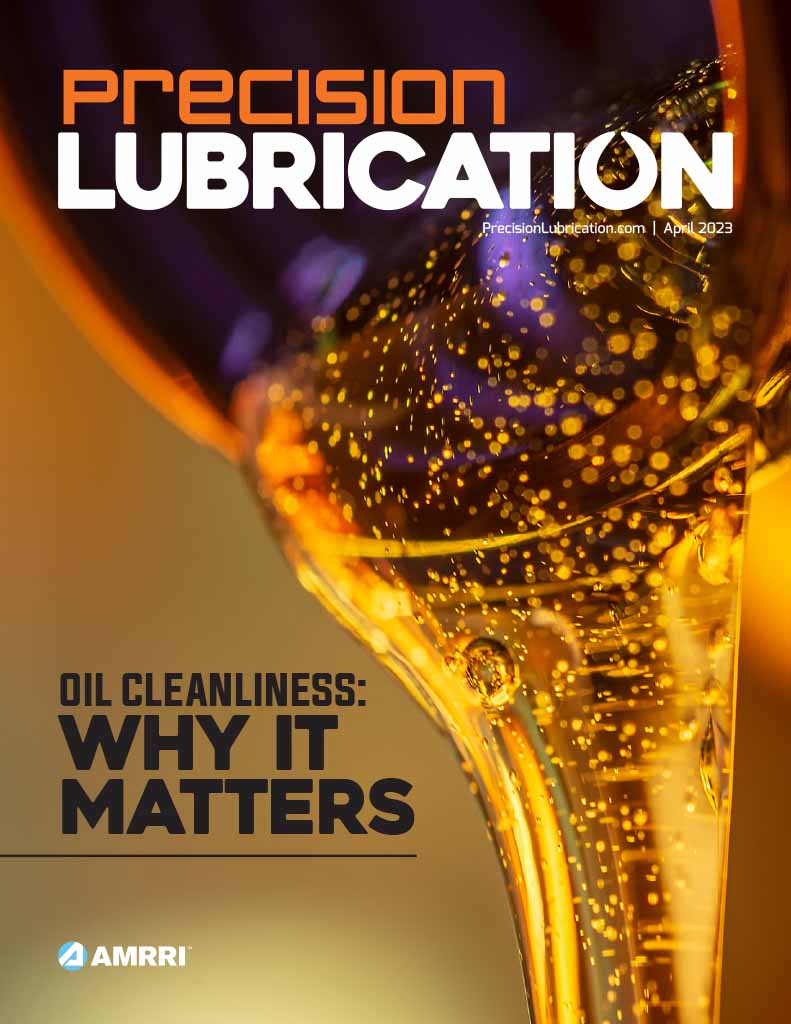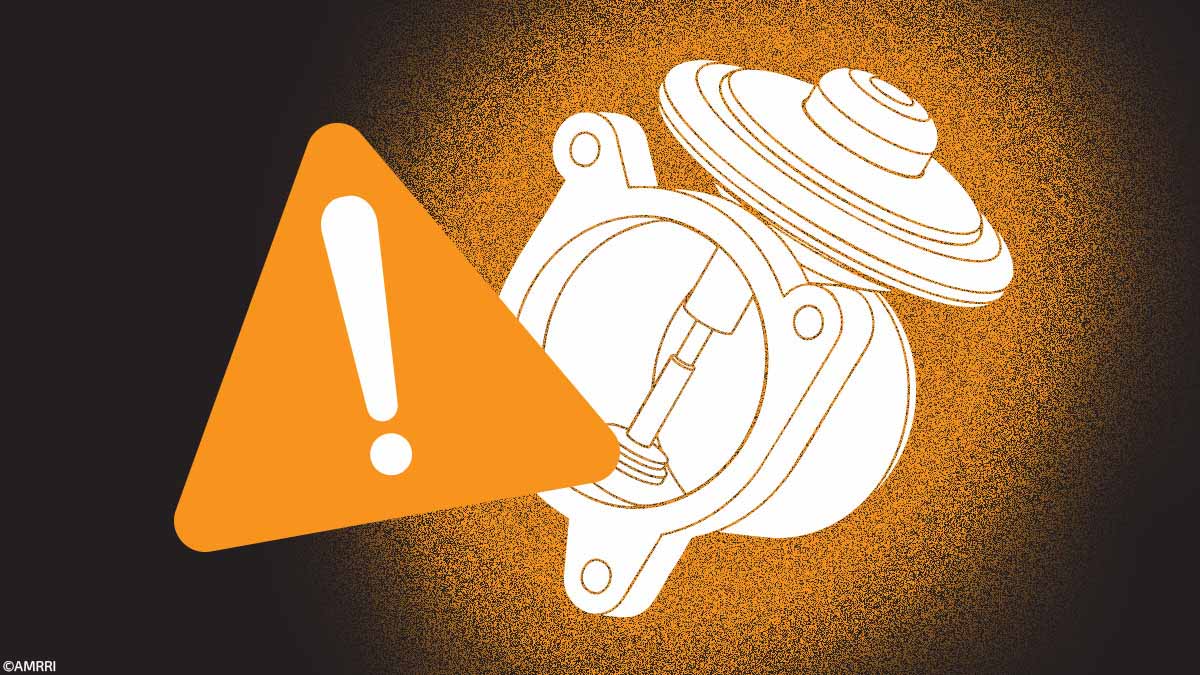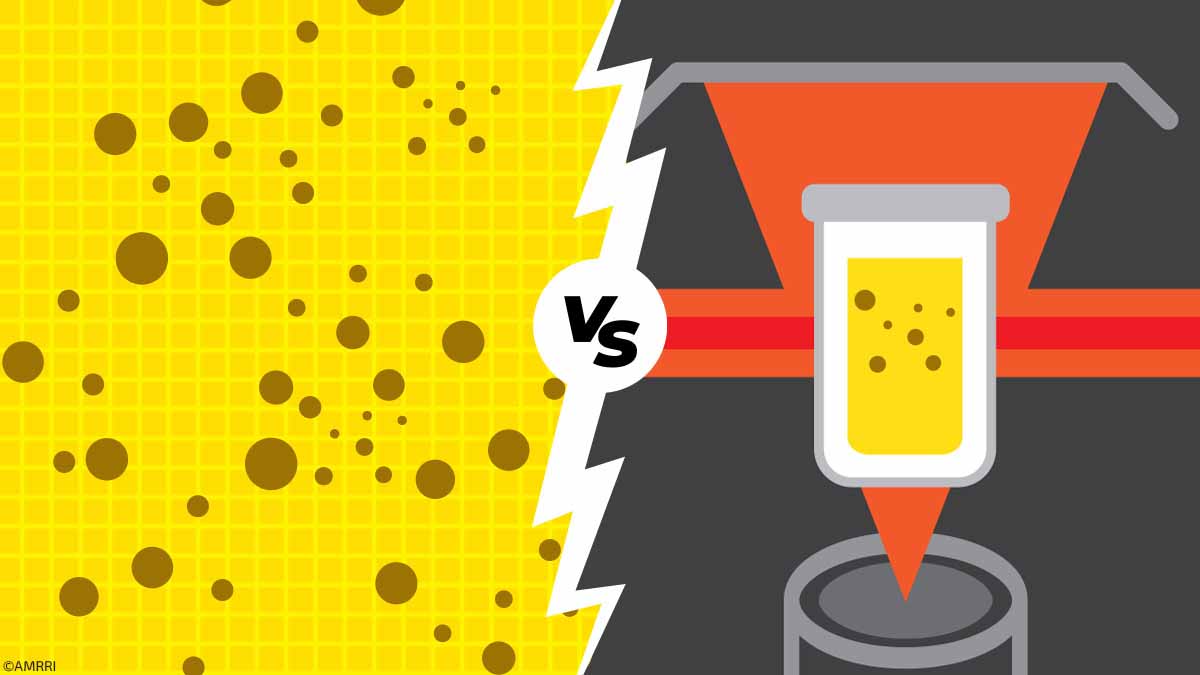Maintenance teams are entering a new era, one where data-driven insights enable automation and transform how equipment health is monitored and maintained. For years, the industry has been moving from preventive maintenance to predictive maintenance, but what’s next?...
Current Issue
How EGR Failures Destroy Engines – and How Oil Analysis Detects Them
The EGR (Exhaust Gas Recirculation) system recirculates a fraction of the exhaust gases into the intake manifold to lower combustion temperature, reduce NOx emissions, and, in some cases, improve fuel consumption in both diesel and gasoline engines. This recirculation...
Compressor Oil: Types, Applications, and Performance Drivers
Compressors are integral to many of our operations. They are used to compress gas, increasing its pressure, and to power tools. They can also be used as vacuum pumps or blowers, but each application is different. As such, they require various types of lubrication,...
25 Conversation Starters When Your Lube Room Looks Like a Crime Scene
When the lube room resembles a crime scene - chaotic storage, unlabeled containers, questionable handling tools, inconsistent transfer practices - it becomes a hidden driver of accelerated wear, additive depletion, ingress-driven contamination, and component life...
Why Drain-Based Oil Sampling Breaks Trends, Decisions, and Quality
Oil analysis is one of the most potent tools in proactive maintenance and asset management. However, its effectiveness depends fundamentally on one critical factor: the quality of the collected sample. Even today, many professionals still take samples directly from...
Maintenance & Reliability: Where You Fit on the Industrial Tribology Map
When I go into industrial plants and tell the Lubrication Team, aka, oilers and greasers, that they are Tribologists, I usually get a look of confusion on how they would fit in. When you first think of Tribology, your thoughts may immediately go to all the great PhD...
Ferrous Density and Particle Counting: Building a Balanced Strategy
I had a laboratory manager, over twenty years ago, complain to me that he wished I would stop pushing particle counting, as he was getting annoyed by clients asking for it after my courses. In his view, particle counting was necessary primarily for hydraulic oils and...











